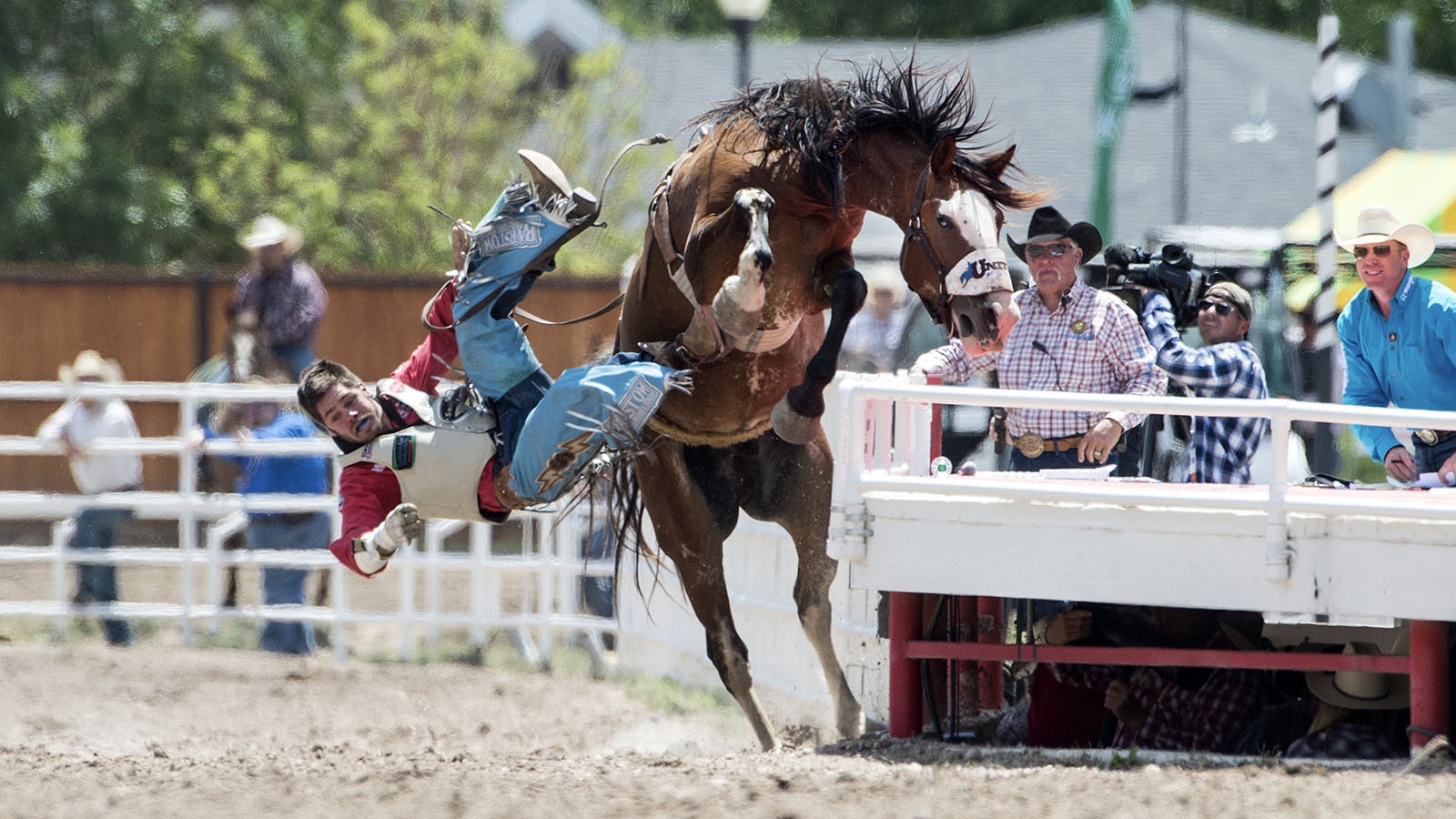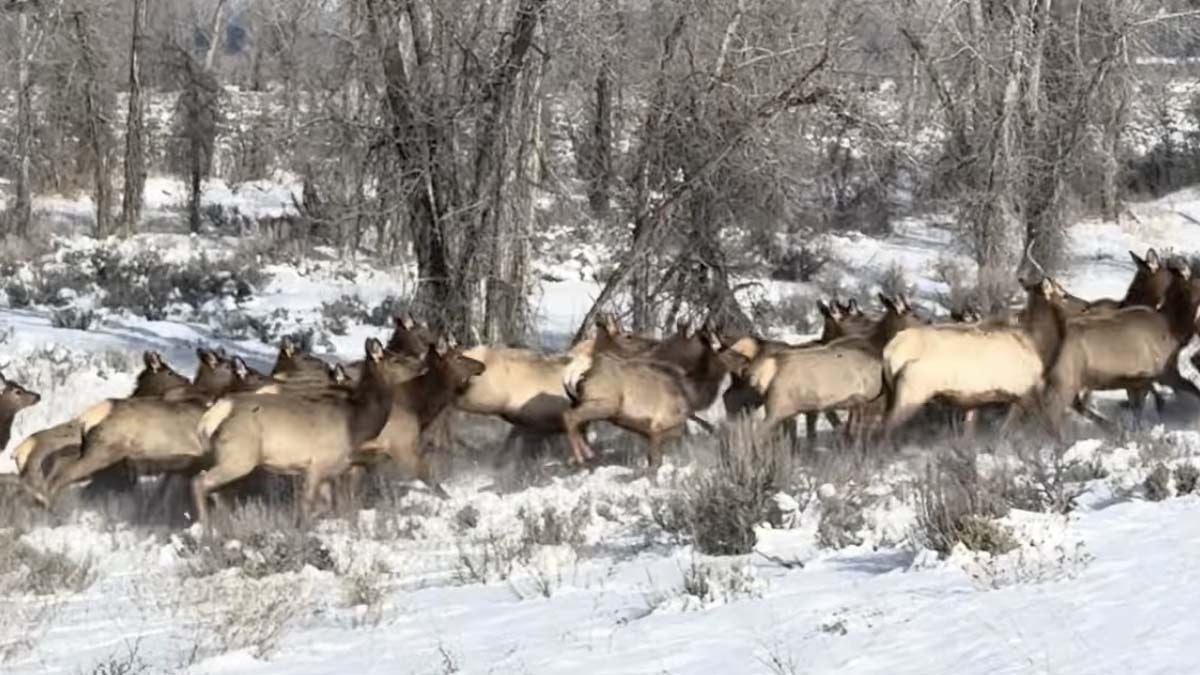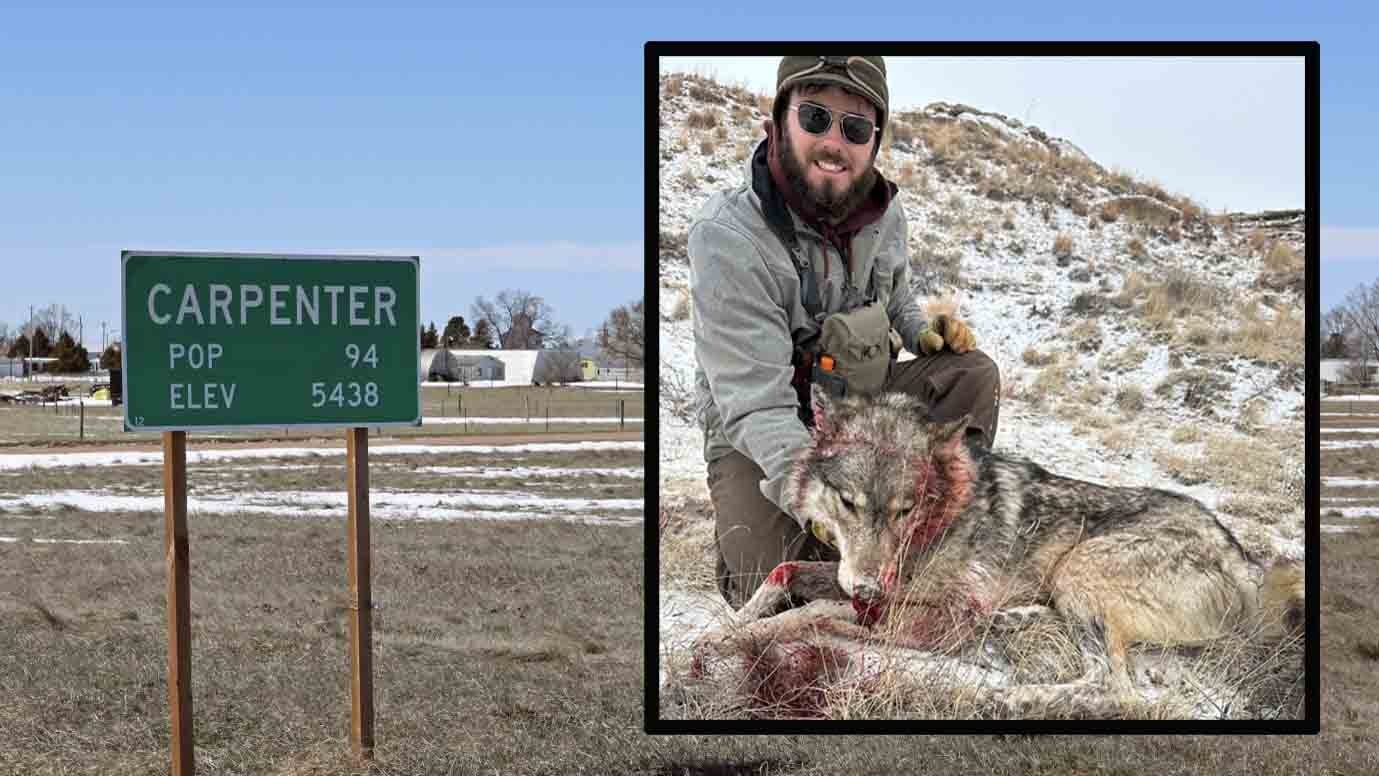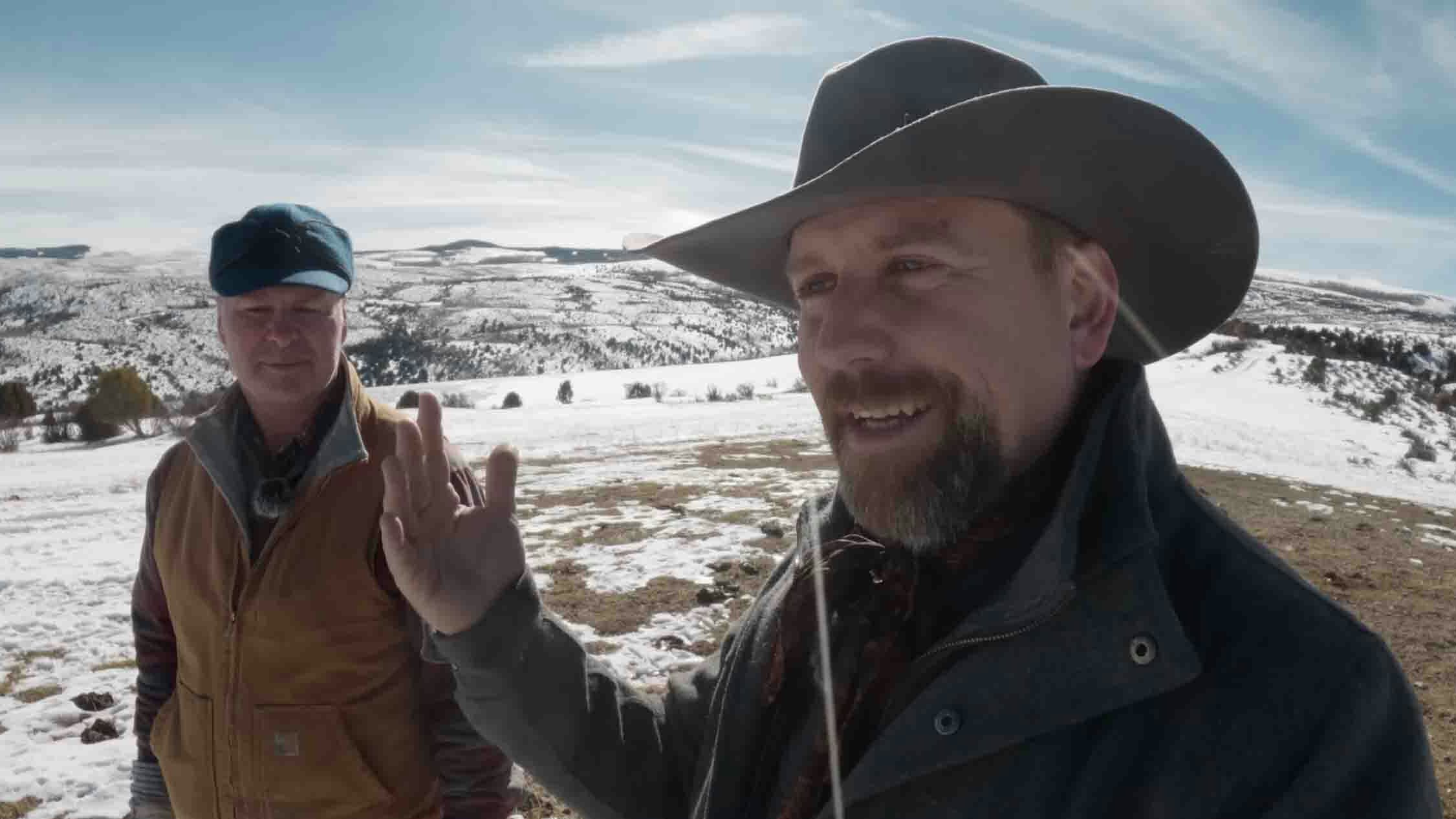State Rep. Rachel Rodriguez-Williams, R-Cody, is championing legislation that would prevent towns and counties from banning activities like rodeos and other events that use working animals.
“The intent of the legislation is to protect legal, law-abiding animal enterprise from the radical animal rights extremist agenda,” Rodriguez-Williams told Cowboy State Daily. “These groups have found it easier to promote their agenda at the municipal level.”
Rodriguez-Williams cited recent bans on rodeos in California as inspiration for House Bill 95.

What’s Up In Cali?
Leaders in California’s Alameda County recently banned wild-cow milking, a timed event in which riders rope and milk lactating cows that are unaccustomed to human handling.
Also in December, a subcommittee of the Los Angeles City Council advanced an ordinance that could eliminate rodeo altogether. It would ban “tools of torment” from being used in rodeos and bull riding events.
Although the California laws don’t explicitly ban rodeo, they would make it more difficult to run rodeo operations.
Deeply Personal For Wyoming
Rodeo is one of Wyoming’s most popular sports and deeply embedded within the ranching culture of the Cowboy State.
“Wyoming is going to be impacted because the country is being impacted as people become more concerned about the care and treatment of animals,” Steve Hindi, president of Showing Animals Respect and Kindness (SHARK), told Cowboy State Daily in November.
Sen. Dan Laursen, R-Powell, who has co-sponsored HB 95, said with the state receiving from more and more transplanted residents, especially from California, Wyoming’s rodeos could be at risk of local governmental regulation down the road.
“With all the influx from California, especially in Jackson, it could happen,” Laursen said. “We really don’t know who’s coming in.”
Autonomy For Communities
Sen. Chris Rothfuss, D-Laramie, opposed the legislation when he spoke with Cowboy State Daily on Thursday afternoon.
“In general, I think we need to provide more autonomy and local control to cities, towns and local governments,” he said. “We need to stop doing to these local communities what the federal government does to us.”
House Bill 95 follows the trend of a few other bills in this year’s Legislature, attempting to get ahead of a problem that does not yet exist.
Hindi said he’s not completely opposed to rodeo, but believes the sport fraught with inhumane practices “behind the scenes.”
Proactive Move
Cheyenne Frontier Days CEO Tom Hirsig also believes actions in California will impact Wyoming if California cities start shutting down rodeos.
“As some of the states or some of the counties start taking things like that away, you never know what other entities are going to do,” said Hirsig. “It’s certainly not something we like to see, because in California there are some very historic-type rodeos that take place.”
Not Just Rodeo
The bill doesn’t only address working animals involved in rodeo, it includes “working animals used primarily for the purpose of performing a specific duty or function in commerce or an animal enterprise.”
This could impact other services like using animals during hunting excursions, circuses or carnivals. Exempted are “rabbits, llamas, cattle, swine, sheep, goats, poultry or any other species that is used primarily for the production of food or fiber.”
Because of the exclusions, Rodriguez-Williams’ bill mostly applies to horses, bulls, steers and dogs.
She said similar preemptive legislation was passed in Oklahoma.
What About Service Animals?
The use of service dogs and other support animals would likely be protected under the legislation, meaning communities couldn’t ban their use.





